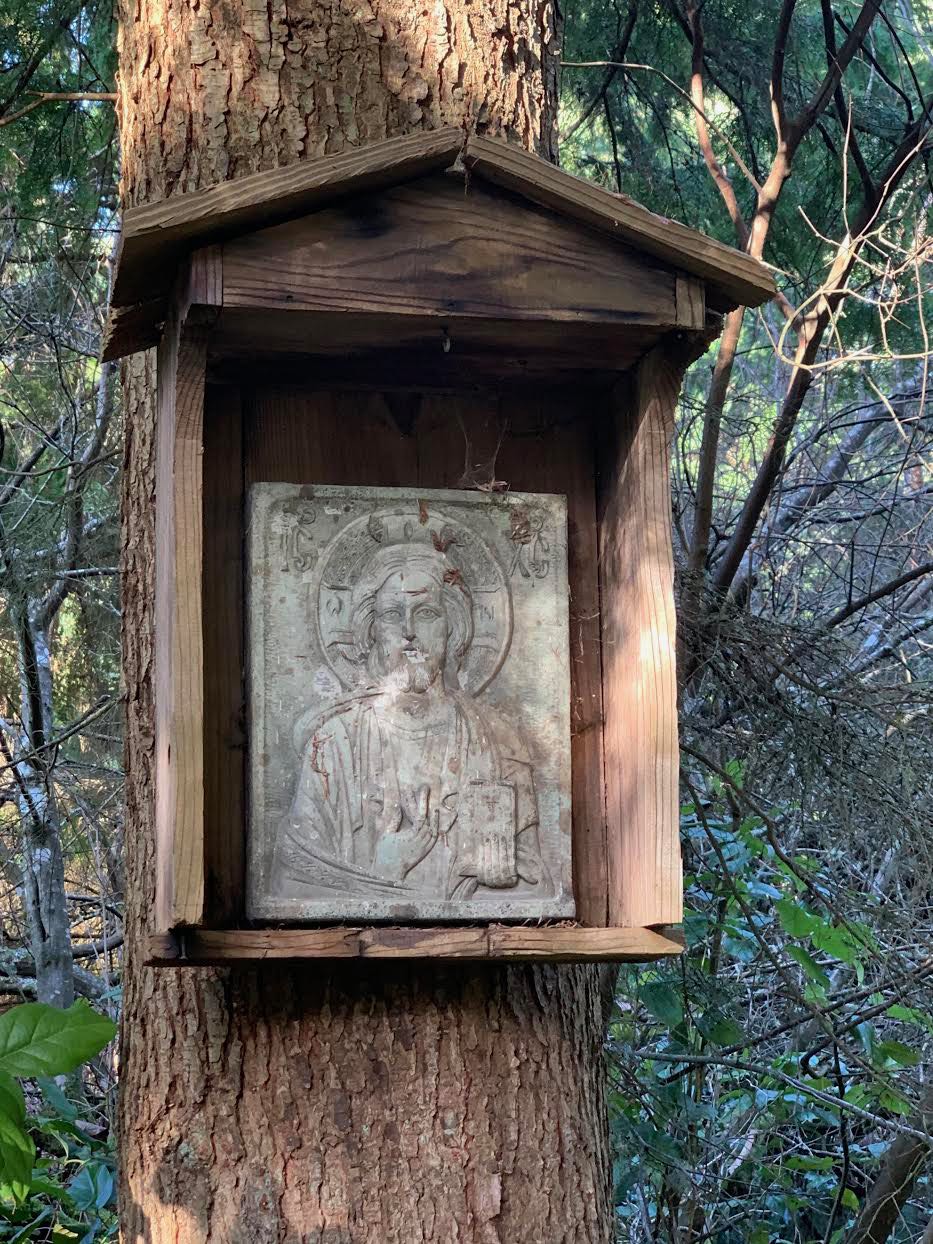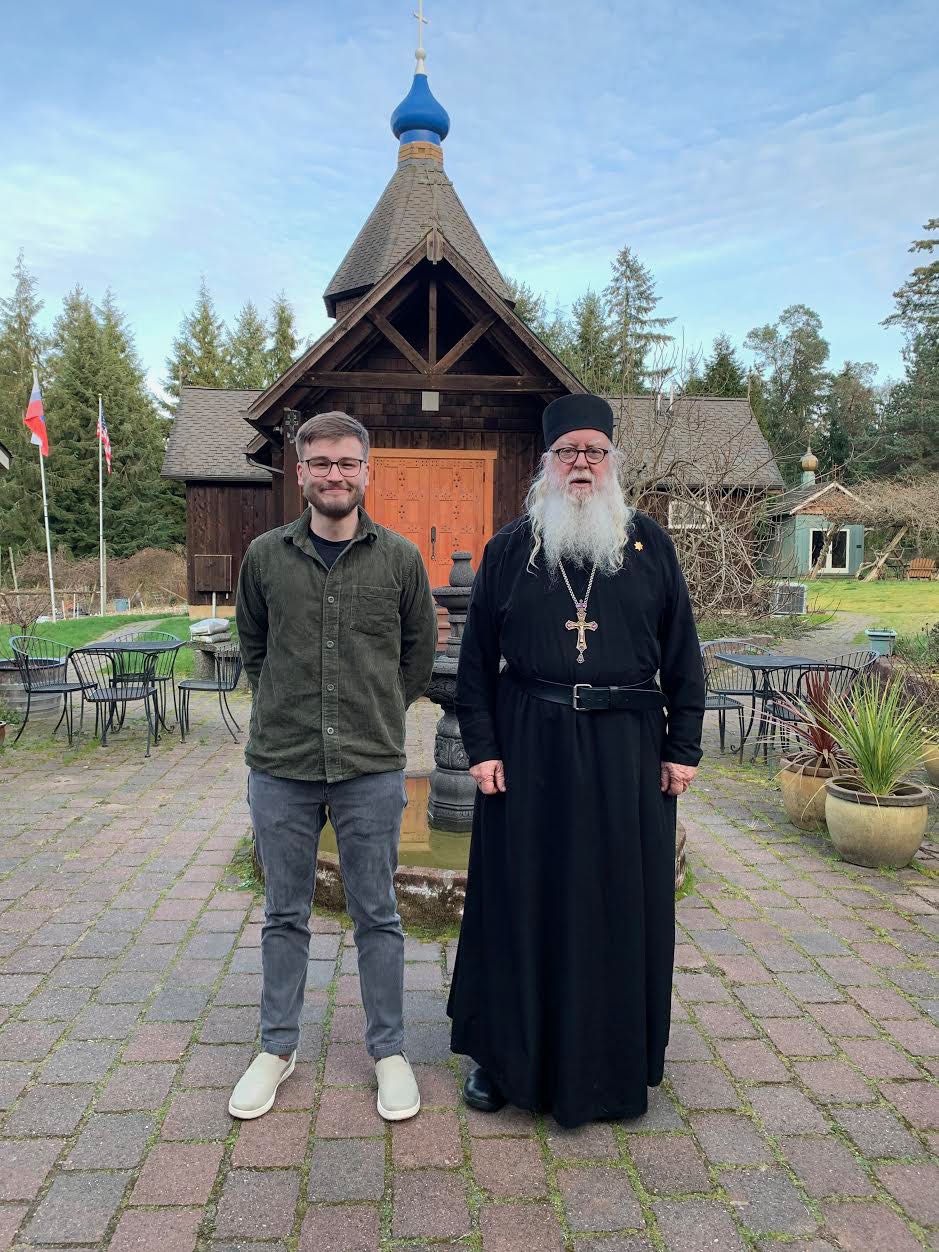He indicates the dispositions of each, calling the one kids, the other sheep, that He might indicate the unfruitfulness of the one, for no fruit will come from kids; and the great profit from the other, for indeed from sheep great is the profit, as well from the milk, as from the wool, and from the young, of all which things the kid is destitute.
St. John Chrysostom
Homily on Matt. XXV, 4th Century
For when one has pity on the poor, he lends to God; and he who gives to the least gives to God--sacrifices spiritually to God an odour of a sweet smell.
St. Cyprian of Carthage
The Lord's Prayer, 33. B#41, p.102, 3rd century
For though they had done ten thousand things, the munificence were of grace, that in return for services so small and cheap, such a heaven, and a kingdom, and so great honor, should be given them.
St. John Chrysostom
Homily 79 on Matthew 25, 2. B#54, p. 476., 4th Century
"Christian love is the 'possible impossibility' to see Christ in another man, whoever he is..."
Alexander Schmemann
Great Lent, 20th Century
So great was the honour and providential care which God bestowed upon man that He brought the entire sensible world into being before him and for his sake. The kingdom of heaven was prepared for him from the foundation of the world (cf. Matt. 25:34); God first took counsel concerning him, and then he was fashioned by God's hand and according to the image of God (cf. Gen. 1:26-27). God did not form the whole man from matter and from the elements of this sensible world, as He did the other animals. He formed only man's body from these materials; but man's soul He took from things supercelestial or, rather, it came from God Himself when mysteriously He breathed life into man (cf. Gen. 2:7).
St. Gregory Palamas
Topics of Natural and Theological Science no. 24, The Philokalia Vol. 4 edited by Palmer, Sherrard and Ware; Faber and Faber pg. 356, 14th century
For surely, as I have said, the sick and he that is in bonds seeks not for this only, but the one to be loosed, the other to be delivered from his infirmity. But He, being gracious, requires only what is within our power, or rather even less than what is within our power, leaving to us to exert our generosity in doing more.
St. John Chrysostom
Homily 79 on Matthew 25, 2. B#54, p. 476., 4th Century
. . .The day will come when we shall stand before God and be judged, but as long as our pilgrimage continues, as long as we live in the process of becoming, as long as there is ahead of us this road that leads to the full measure of the stature of Christ which is our vocation, judgment must be pronounced by ourselves.
Metropolitan Anthony of Sourozh
And in return for what do they receive such things? For the covering of a roof, for a garment, for bread, for cold water, for visiting, for going into the prison. For indeed in every case it is for what is needed; and sometimes not even for that.
St. John Chrysostom
Homily 79 on Matthew 25, 2. B#54, p. 476., 4th Century
But while the brutes have from nature their unfruitfulness, and fruitfulness, these have it from choice, wherefore some are punished, and the others crowned. And He doth not punish them, until He hath pleaded with them; wherefore also, when He hath put them in their place, He mentions the charges against them.
St. John Chrysostom
Homily on Matt. XXV, 4th Century




